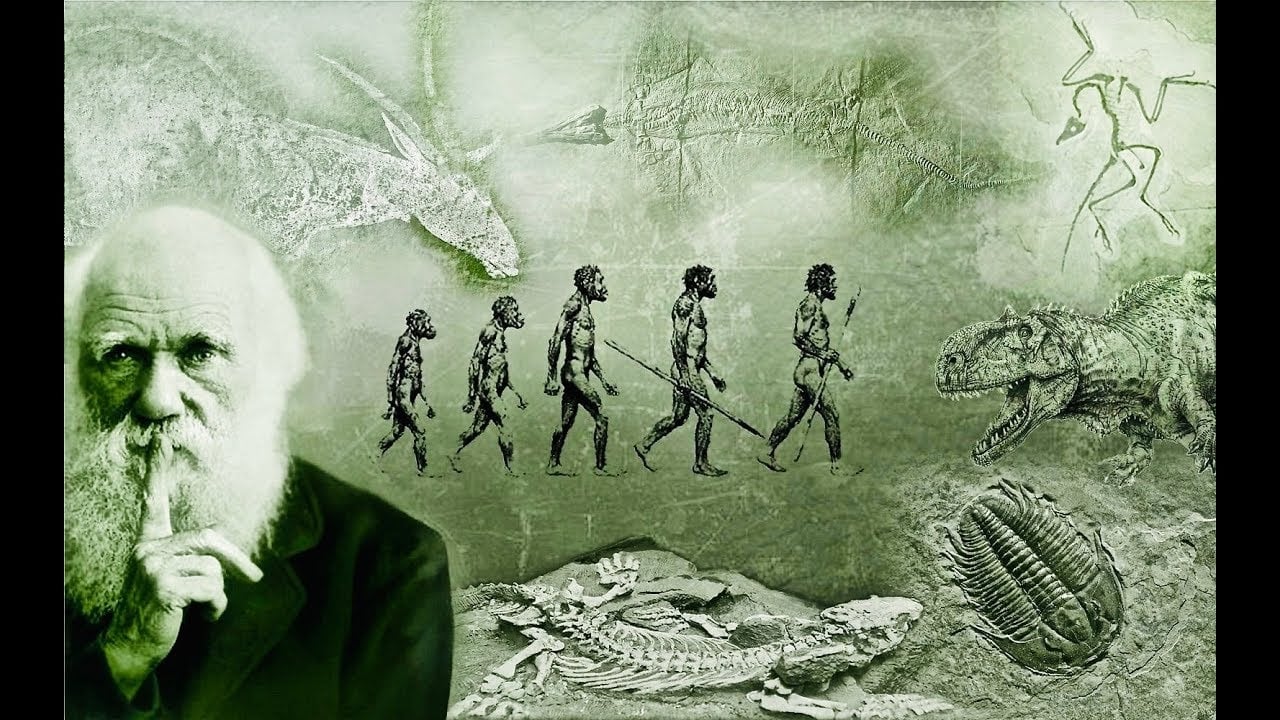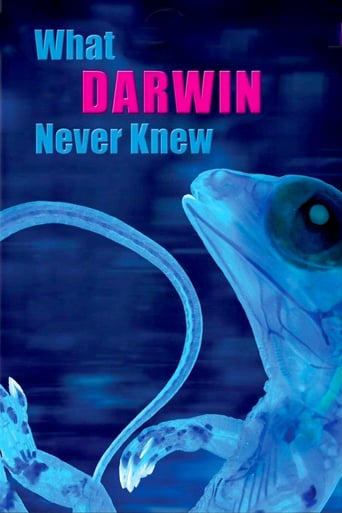

Brilliant and touching
... View Moren my opinion it was a great movie with some interesting elements, even though having some plot holes and the ending probably was just too messy and crammed together, but still fun to watch and not your casual movie that is similar to all other ones.
... View MoreIf you're interested in the topic at hand, you should just watch it and judge yourself because the reviews have gone very biased by people that didn't even watch it and just hate (or love) the creator. I liked it, it was well written, narrated, and directed and it was about a topic that interests me.
... View MoreStrong acting helps the film overcome an uncertain premise and create characters that hold our attention absolutely.
... View MoreEarth teems with a staggering variety of animals, including 9,000 kinds of birds, 28,000 types of fish, & more than 350,000 species of beetles. What explains this explosion of living creatures—? The source of life's endless forms was a profound mystery until Charles Darwin brought forth his revolutionary idea of natural selection. But Darwin's radical insights raised as many questions as they answered. What actually drives evolution & turns one species into another? To what degree do different animals rely on the same genetic toolkit? & how did we evolve? This PBS is somewhat related to the 150th anniversary of Darwin's writing of the theory of natural selection & the publication of his book. The 1st half covers that information. The 2nd half involves very good detailed information about all the exciting new things happening of the study of human dna & computer technology. They have really made a lot of progress figuring out how the dna strands pass on information to generations. (& also how DNA can change & evolve before passing on traits to embryos) It is clear that in the first decade of the 20th century scientists are finally beginning to crack nature's biggest secrets at the genetic level. I guess this is not good news for right winged creationists. One of the most interesting facts are which scientists have contributed to this success & how they became involved in dna & genetics when that was not their primary field of training. This nova is primarily based on the work of Carroll. He is at the forefront of a field known as evolutionary developmental biology ("evo-devo"). He is also the author of Endless Forms Most Beautiful: The New Science of Evo Devo & the Making of the Animal Kingdom one of the first popular summary narratives of the field. He is a professor of genetics, medical genetics, & molecular biology at the University of Wisconsin–Madsion, & an investigator for the Howard Hughes Medical Institute. Picking up where scientists like Richard Dawkins have left off, Carroll, a professor of genetics at the University of Wisconsin–Madison (Endless Forms Most Beautiful: The New Science of Evo-Devo), has written a fast-paced look at how DNA demonstrates the evolutionary process. Natural selection eliminates harmful changes and embraces beneficial ones, and each change leaves its signature on a species' DNA codes. While searches for the genetic basis for evolution are hardly new, Carroll offers some provocative and convincing evidence. 5 stars Don't miss This one!!
... View More